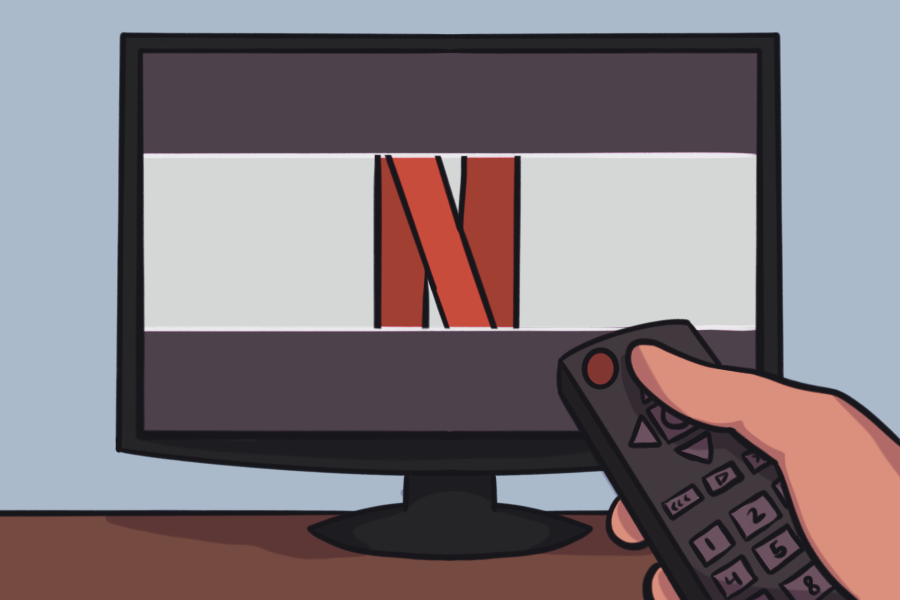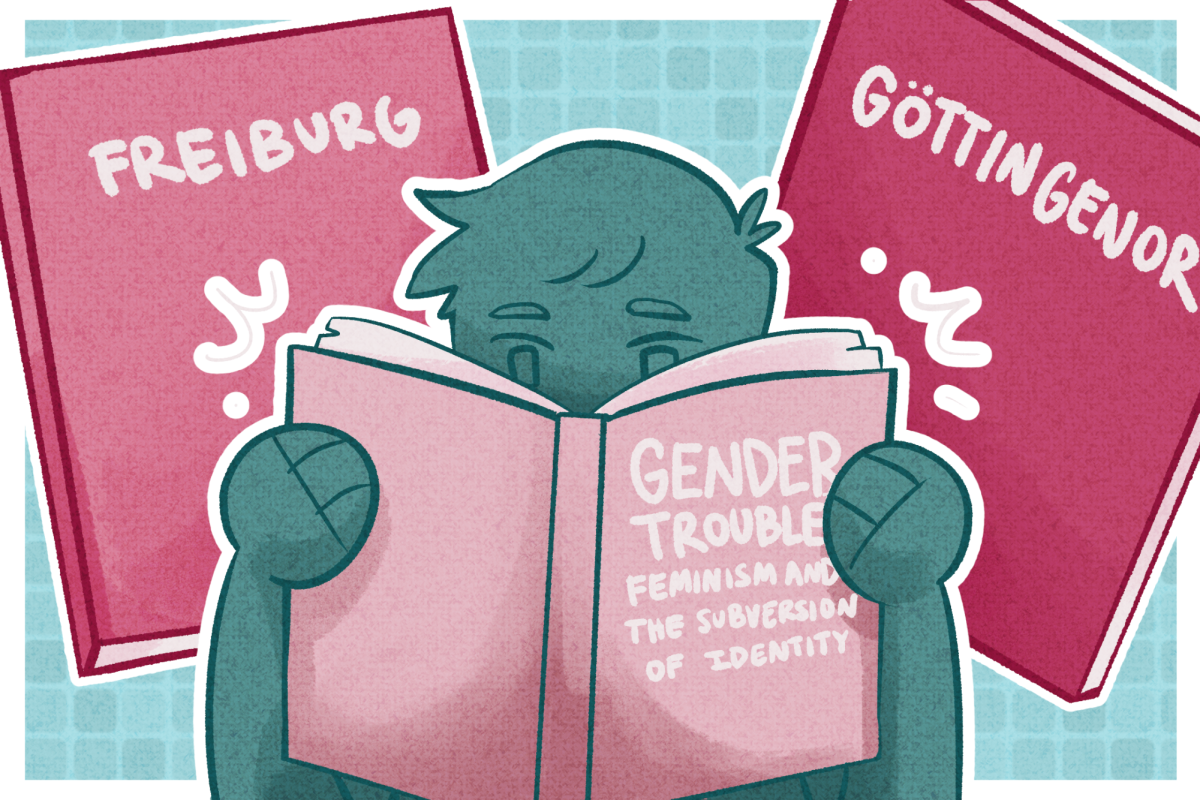In a world where streaming has become the norm, Netflix has emerged as one of the giants in the industry, providing countless hours of entertainment to millions of users worldwide.
However, recent changes to its policy have left many long-time customers, especially college students, feeling betrayed and financially strained. The decision to crack down on password sharing, while understandable from a business perspective, is fundamentally unfair to students who still depend on their family’s Netflix account.
For years, Netflix turned a blind eye to password sharing, arguably even encouraging it. This laissez-faire attitude made sense in a world where it were trying to establish its dominance and secure loyal subscribers. Many students, who could not afford a separate subscription, rejoiced at the prospect of enjoying their favorite shows and movies courtesy of their parents or other family members.
It was a win-win situation, as this policy allowed Netflix to penetrate households and solidify its customer base.
However, times change, and so do policies. Netflix’s new crackdown means that anyone using a Netflix account from a different location for more than 31 days must either get a separate account or pay $7.99 a month to be added to the main account. On the surface, this might seem like a reasonable step to protect their revenue, but it is a decision that will severely impact cash-strapped college students who still consider themselves part of their family’s household.
Get The Daily Illini in your inbox!
One could argue that college students, in particular, are being unfairly penalized by this policy. Many students have already left their family homes to pursue their education, and they rely on the comfort and familiarity of their family’s Netflix account to keep them connected to their loved ones.
These young adults are already struggling with tuition, textbooks and living expenses. Adding another monthly subscription fee to their list of expenses is a burden they could do without.
Moreover, Netflix’s decision to raise its subscription prices complicates matters even further. Students who were once content with the idea of paying a slightly higher share of the family account now face the prospect of shelling out additional money from their already limited budgets. This, in turn, could drive them away from Netflix, pushing college kids toward competitors with more lenient sharing policies, such as Disney+ and Max.
It’s clear that Netflix is taking a gamble with this policy change. They may anticipate some backlash and a temporary loss of subscribers, but the question is, at what cost? As the company attempts to protect its bottom line, the risk of alienating a demographic that has been a loyal customer base for years arises.
In a world where streaming companies are vying for our attention, loyalty is paramount. College students are not just temporary users; they are the future. Forcing them to pay for their own subscriptions or, worse yet, losing them to competitors is a short-sighted approach that could have long-lasting repercussions.
Alexander is a graduate student in Media.













